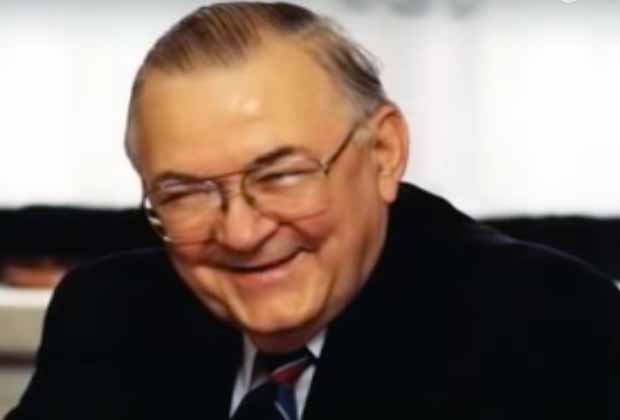The American Polonia has repeatedly contributed to the defense of Polish sovereignty and has made a huge contribution to the reconstruction of the Polish state. From 1910, she worked at various conferences on a memorial on the creation of the Polish state, so that after Jan Ignacy Paderewski's arrival in the USA, she joined her efforts and presented them to President Wilson. She sent to Poland and financed the modern, well-trained and armed Blue Army. She started financial aid for Poland, which continues to this day. (according to the World Bank, about $ 900 million annually).
Since 1994, as Prof. Donald Pienkos, a witness to this story, in the article "Poland, American Poles and the NATO Alliance", an action by the American Polonia was carried out in order to influence American opinion. Hundreds of meetings were held where American politicians were met. As a result of the written petition to include Poland, the Czech Republic, Hungary and Slovakia in NATO, 9 million signatures were collected. Such was the agency of the Polish community at that time.

Edward Moskal (1924-2005)
The main leader of this undertaking was the then President of the Polish American Congress (Kongres Polonii Amerykańskiej, KPA), Edward Moskal. At that time, the Polish community abroad had effective structures and many outstanding specialists, such as prof. Donald Pienkos, then longtime head of the department of political science at the University of Milwaukee. The campaign was followed by numerous articles in the Polish press communicating goals and strategies. But nothing lasts forever.
Due to the ongoing process of Poland's accession to the European Union, Edward Moskal had the courage to say what he thought about this process. He said the following words in 2002:
The agreement negotiated in Copenhagen does not adequately protect Polish interests and violates the basic principles of the European Union on the equality of rights and obligations of all states. We believe that accession involves a far-reaching loss of political sovereignty. Polish parliamentarism and the judiciary are under threat. The laws and resolutions of the Sejm and Senate will be deprived of the Polish national point of view. After joining the Union, Poles will become a nation without their own state.
In Poland, the words of Moskal caused hysteria. He was accused of acting against the interests of Poland. In order to ultimately discredit him, he was labeled as an anti-Semite. And the diplomacy of the time ultimately destroyed the image of the President of the KPA.
However, everything indicates that President Moskal, despite the numerous mistakes he made during his presidency, was not wrong to criticize the rules on which our admission to the European Union took place. The concern of the President of Moskal for the future of the country resulted from the fact that Edward Moskal not only remembered about the KPA mission outlined in 1944, but also because he treated this mission very seriously. The essence of the mission of the Polish American Congress from its inception has always been the sense of responsibility of the Polish diaspora for the preservation of Polish culture and for building a national identity on the basis of the true, undistorted history of Poland.
Edward Moskal, the last charismatic leader of the Polish community, died in 2005. Since then, we have noted the process of a significant extinction of Polish diaspora organizations, as well as the progressive decline in the importance of both the Polish American Congress and the Polish Diaspora in the American political reality, but this is a topic for another column.





